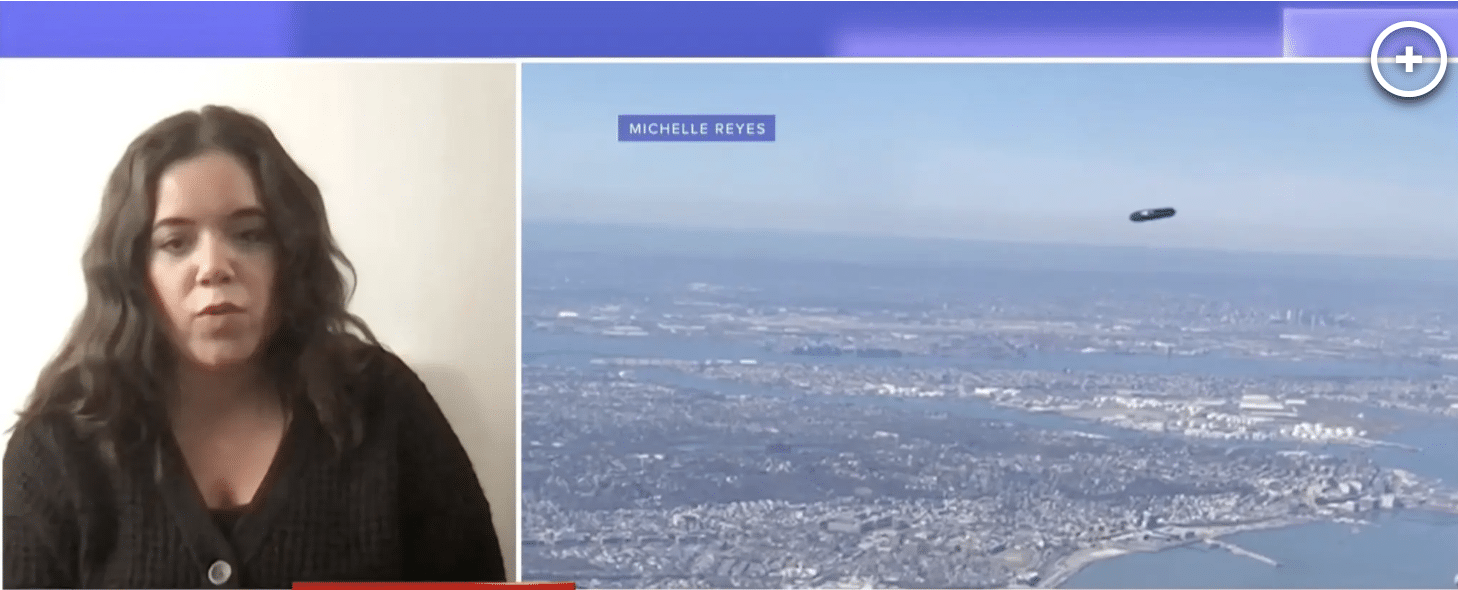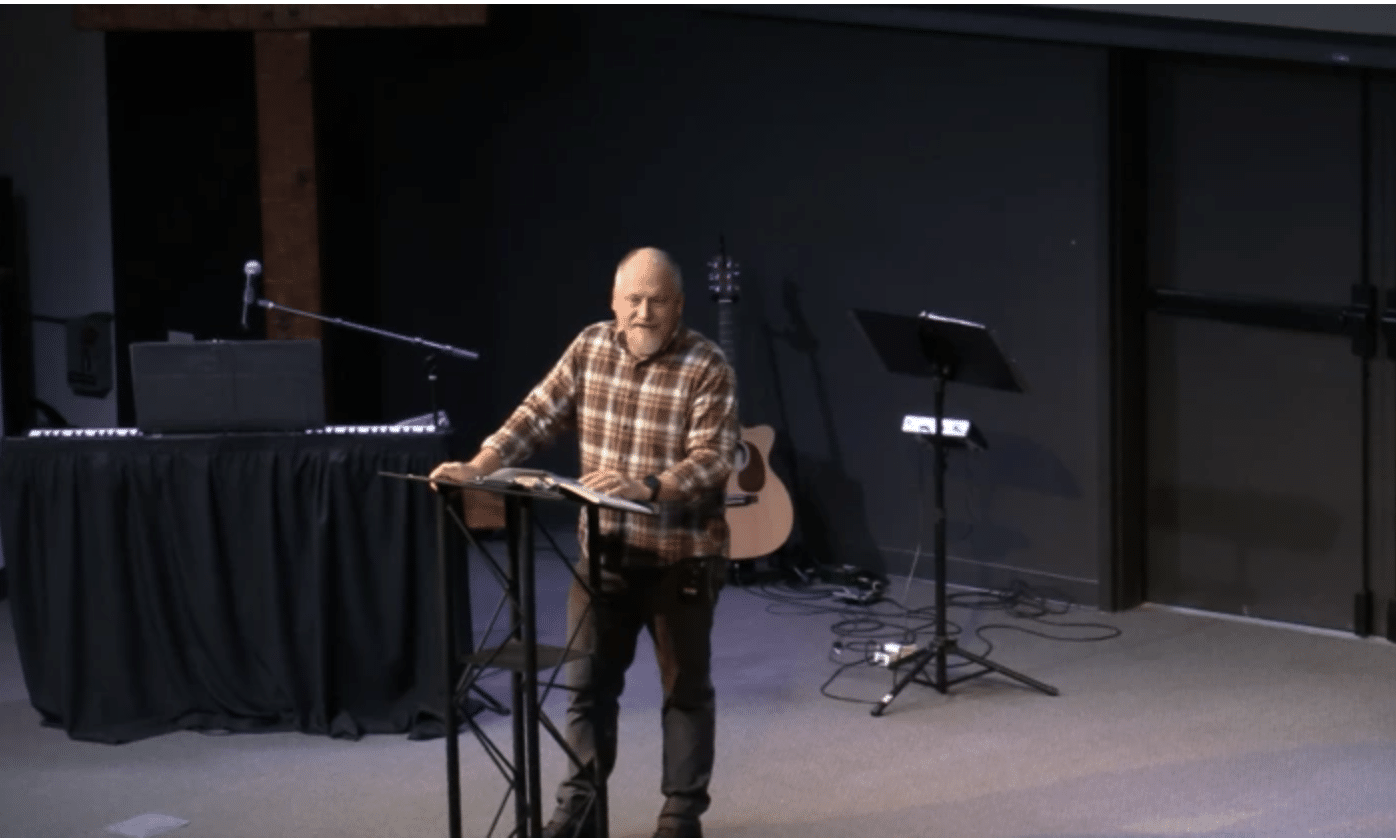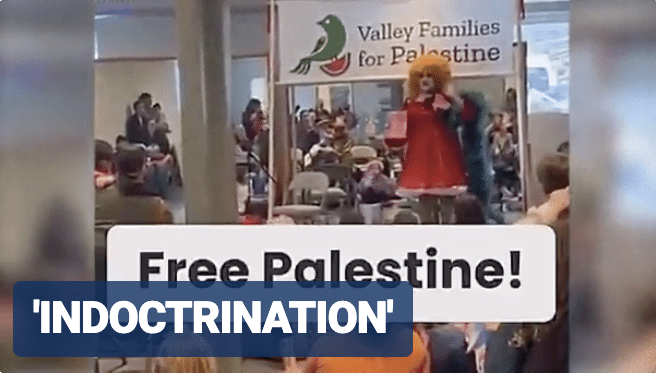On the outskirts of Fallujah, just weeks after Islamic State had been driven out of the city by the Iraqi army following two years of jihadist rule, a team of Sunni and Shia Muslims visited a compound where hundreds of people who had fled the city were being held. They brought supplies – food and water – to those cramped into the tiny space, as would be expected by humanitarian organisations working in the region.
Aid groups have been working tirelessly in Iraq and Syria since ISIS’ devastating campaign first shocked the world in 2014, serving the most needy and vulnerable on the front lines. But something about this was different. The recipients of this aid weren’t the families who had been traumatised by militants; who had spent years living in fear and then weeks trapped, starving, as Fallujah became a battleground between government and ISIS forces. READ MORE
















